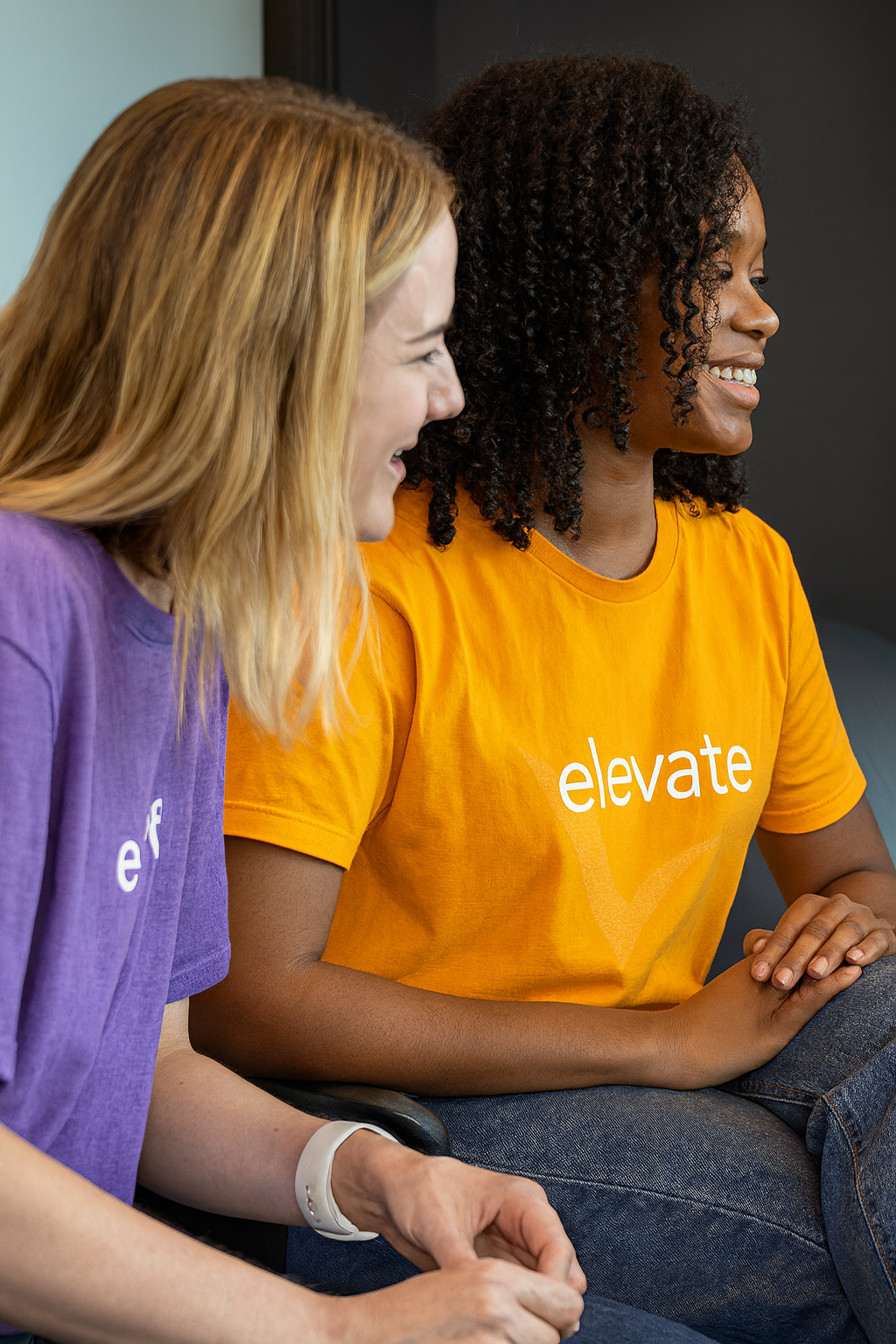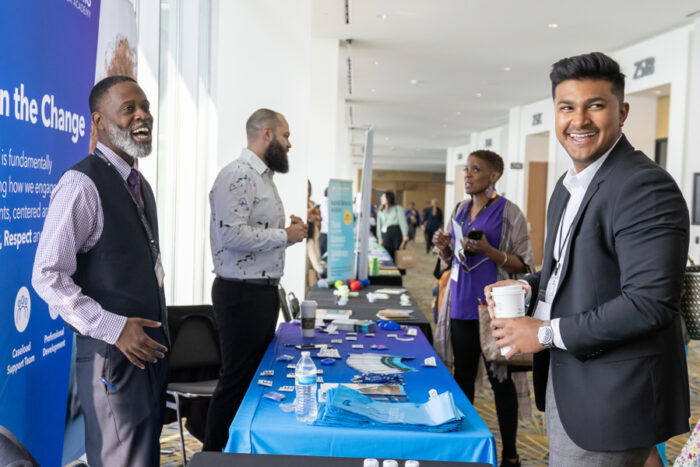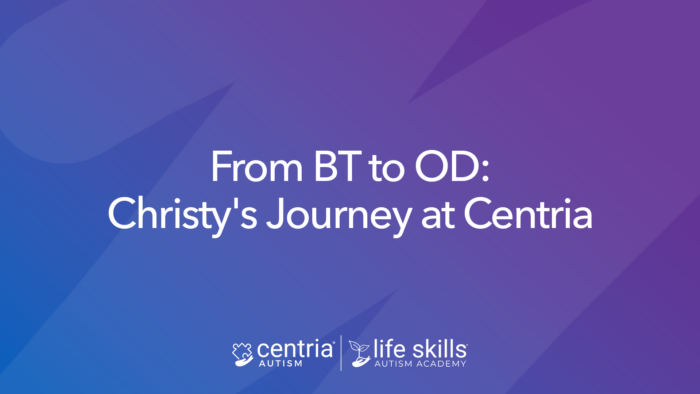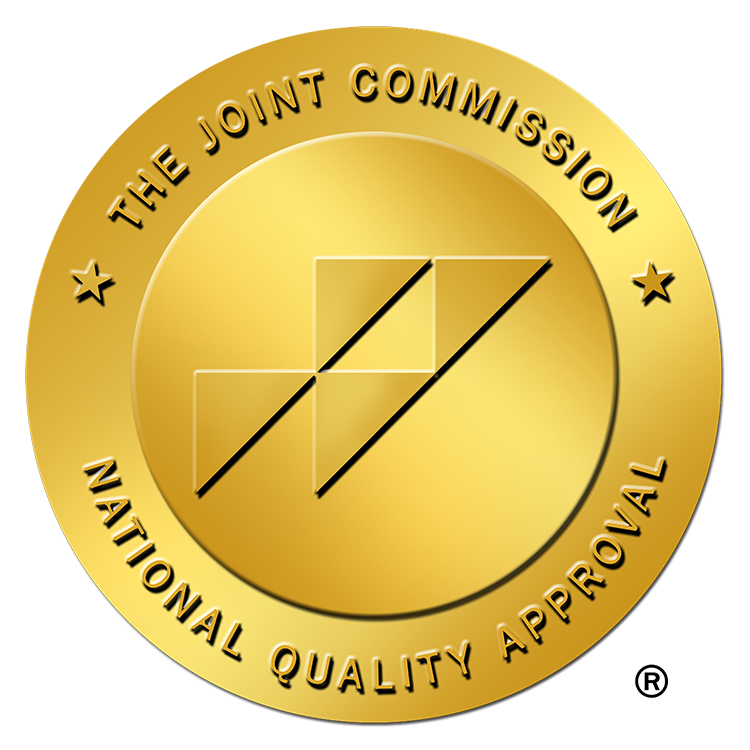There’s a persistent whisper in my head that, despite all evidence to the contrary, insists I’m about to be found out. It tells me I’m not as smart as people think, not as capable, and definitely not as deserving of whatever success has come my way. It tells me I am a fraud. This, my friends, is imposter syndrome, and if you’re nodding along, you’re in good company.
For years, I viewed this feeling as an unwelcome guest—a saboteur lurking in the shadows of every achievement. Graduating with my Master’s, passing the BCBA exam, landing a role I never thought possible—each was met with an internal chorus of, “They’ll realize their mistake soon.” I’d spend countless hours overpreparing, second-guessing every decision, and deflecting praise, all in a desperate attempt to outrun the inevitable unmasking. It was, and at times still is, exhausting.
The conventional wisdom about imposter syndrome is to fight it, to build an impenetrable wall of self-belief to silence that little voice. And while building confidence is undeniably important, I’ve come to realize that this perspective might be missing something crucial. What if, just maybe, imposter syndrome isn’t always the enemy? What if it’s a secret superpower we can learn to harness?
Imposter Syndrome Isn’t a Weakness, It’s a Prompt for Growth
Think about it. That nagging fear of being inadequate often stems from a genuine desire to do good work, to live up to expectations, and to continually improve. If I truly believed I knew everything and was perfect, would I still be driven to learn, to challenge myself, and to strive for better? Probably not.
My personal journey with imposter syndrome has been a fascinating dance of dread and accidental discovery. Early in my career, when I first started taking on more complex cases, the fear of failure was palpable. I remember being tasked with writing a detailed behavior intervention plan on a behavior I felt woefully underqualified to tackle. The imposter voice was screaming. But instead of paralyzing me, it propelled me. I devoured research papers, interviewed other professionals and experts, and spent extra hours meticulously crafting every sentence. Why? Because I was terrified of getting it wrong and being exposed as the novice I felt I was. The result? The report was a success for the client, and I learned more in those few weeks than I had in months of passive learning.
This wasn’t an isolated incident. That underlying anxiety has consistently pushed me to be more diligent, more thorough, and more open to feedback. When I felt like an imposter in a new leadership role, it made me hyper-aware of my team’s needs and more empathetic to their challenges, because I was constantly questioning if I was truly leading effectively. When I felt like a fraud speaking in front of a larger audience, it forced me to practice relentlessly and anticipate every possible question, leading to a more polished and impactful presentation.
How to Harness Your “Superpower”
Of course, there’s a fine line. Unchecked imposter syndrome can lead to burnout, anxiety, and a crippling inability to acknowledge one’s own accomplishments. It can manifest as perfectionism that stalls progress or a fear of taking risks that stifles innovation. The goal isn’t to embrace its most debilitating forms, but to recognize its potential for positive influence.
So, how do you harness this “superpower”? For me, it starts with reframing. Instead of viewing the feeling as a sign of weakness, I see it as a prompt for growth. When that voice whispers, “You can’t do this,” I respond with, “Okay, but what steps can I take to make sure I can?” It becomes a call to action, not a reason to retreat.
I also practice self-compassion. I acknowledge the feeling, allow it to exist, but don’t let it define me. I remind myself of past achievements, even the small ones, and actively seek out feedback that validates my efforts. And crucially, I talk about it. Realizing how many successful, intelligent people also grapple with imposter syndrome has been incredibly liberating. It normalizes the experience and chips away at the shame.
Imposter syndrome might always be a part of my internal landscape, a familiar background hum. But instead of letting it hold me back, I’ve learned to listen to its underlying message: a challenge to grow, an impetus to excel, and a reminder to stay humble and hungry. And in a world that often rewards overconfidence, perhaps a healthy dose of feeling like a fraud is exactly what we need to keep pushing the boundaries of our own potential.
About the Author
Sharon Gonzales is a dedicated Board Certified Behavior Analyst (BCBA) with over a decade of experience in the field of Applied Behavior Analysis (ABA), including four and a half years as a BCBA. As a neurodivergent professional, she is passionate about meeting clients where they are and tailoring her approach to their unique needs. She is deeply committed to both her personal growth and the development of clients and future analysts, fostering an environment of mutual understanding and respect.






